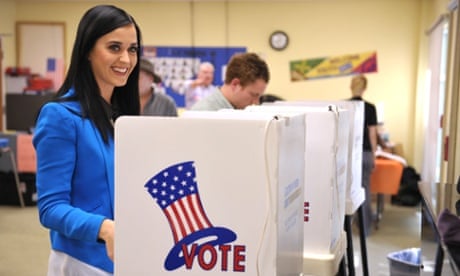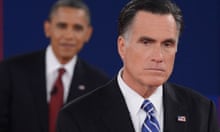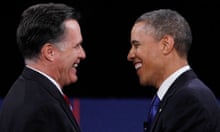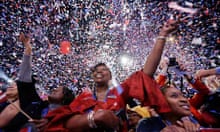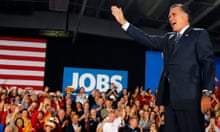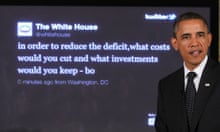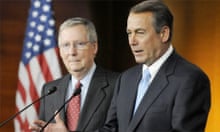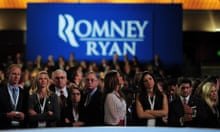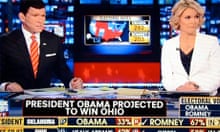The election has come and gone. There are still some results outstanding, but the biggest race is decided. President Barack Obama defeated Mitt Romney with room to spare by taking the key swing states of Colorado, Ohio, Virginia, and probably Florida.
The result was a big victory for many number analysts. I wrote Tuesday about the polling aggregates circling around 303-332 electoral votes for Obama, with Florida being the closest state. Florida ended up being the tightest state. All the polling based aggregates – from FiveThirtyEight, to HuffPollster, to Real Clear Politics – got the result right. Given Obama's narrow Florida lead (at time of writing), it seems that both FiveThirtyEight and HuffPollster went 50 states for 50 states.
It should not be forgotten, however, that the only way the polling aggregators are able to call elections is because of pollsters. These are the people who dial number people at home and ask them their opinions on politics and other issues. Many Republicans thought the polling – such as those polls from NBC/Wall Street Journal/Marist, which ended up calling pretty much every state correctly – was "skewed", with too many Democrats in the samples. I had mentioned over and over again that this was horrible reasoning: pollsters don't weight for party identification.
Some Republican sources went out of their way to "re-weight" or "unskew" the polls for a party identification they felt more apt. That was a mistake. One person who concentrated on party ID and projected a Mitt Romney victory asked, after the results were clear, "what can you do?"
My advice to anyone wanting to dig into the numbers is fairly simple: trust the polls. I learned this lesson in 2004, and I hold onto it now. Most pollsters have degrees in statistics; they've been doing this stuff for a long time. They aren't infallible, but there is a reason why major news organizations hire them. Pollsters for the most part know what they are doing. Chances are that they know more than you do.
Still, there are some pollsters who are going to have to go back to the drawing board after this election. Last week, I wrote about how Public Policy Polling and Rasmussen differed on the winner in Colorado, Florida, New Hampshire, Ohio and Virginia. Rasmussen eventually found a shift in New Hampshire towards the president and a tie in Ohio. In all five cases, it seems that Public Policy Polling (PPP) had the correct winner all along. They continue a fine record of polling, despite a Democratic affiliation.
This marks the second election cycle in a row, however, in which Rasmussen has shown a serious Republican bias. They also were right-leaning in their 2008 state polls. That's a far fall for a pollster who was so accurate in 2004 and 2006.
One issue for Rasmussen might be cellphones. I discussed last week how Rasmussen and most other automated pollsters do not include them, despite a growing population of people without a landline. Rasmussen tried to compensate for this by taking an internet sample of non-landline people. They didn't include enough of them. Other automated pollsters who didn't include cellphone-gathered data, such as Gravis and We Ask America, had better final surveys. It should be noted, though, that both of these firms had results that were far more favorable to Republicans before these final releases.
It would be a mistake, however, to conclude that automated polling is poor. Besides PPP, SurveyUSA continues its stellar record. This organization correctly called Colorado, Minnesota, North Carolina, Ohio, and the very tight race in Florida. SurveyUSA does properly weight in non-landline voters.
There were also live telephone pollsters who ate crow. Mason-Dixon said that Romney was up by 6 points in Florida, and Obama was all but finished in the Sunshine state. Obama's probably going to win Florida. The outift also had Claire McCaskill only ahead by 2 points in the Missouri Senate race. She leads by 16 points, as of this writing. Mason-Dixon had Obama only ahead by 3 points in Minnesota; he's winning the state by 8.
Suffolk University's David Paleologos said he stopped polling in Florida and Virginia because Obama couldn't win in either state. Obama carried both of them. Perhaps, he should have polled them, after all.
Overall, though, the 2012 election is another notch in belt of those who rightly trust the polls. ABC/Washington Post, CBS News, CNN/ORC, Marist NBC/Wall Street Journal, PPP, Quinnipiac, SurveyUSA, and others did great. There is certainly an art to polling, but there is also a heavy science component. It's a science that does a better job than pretty much any hunch ever could.
